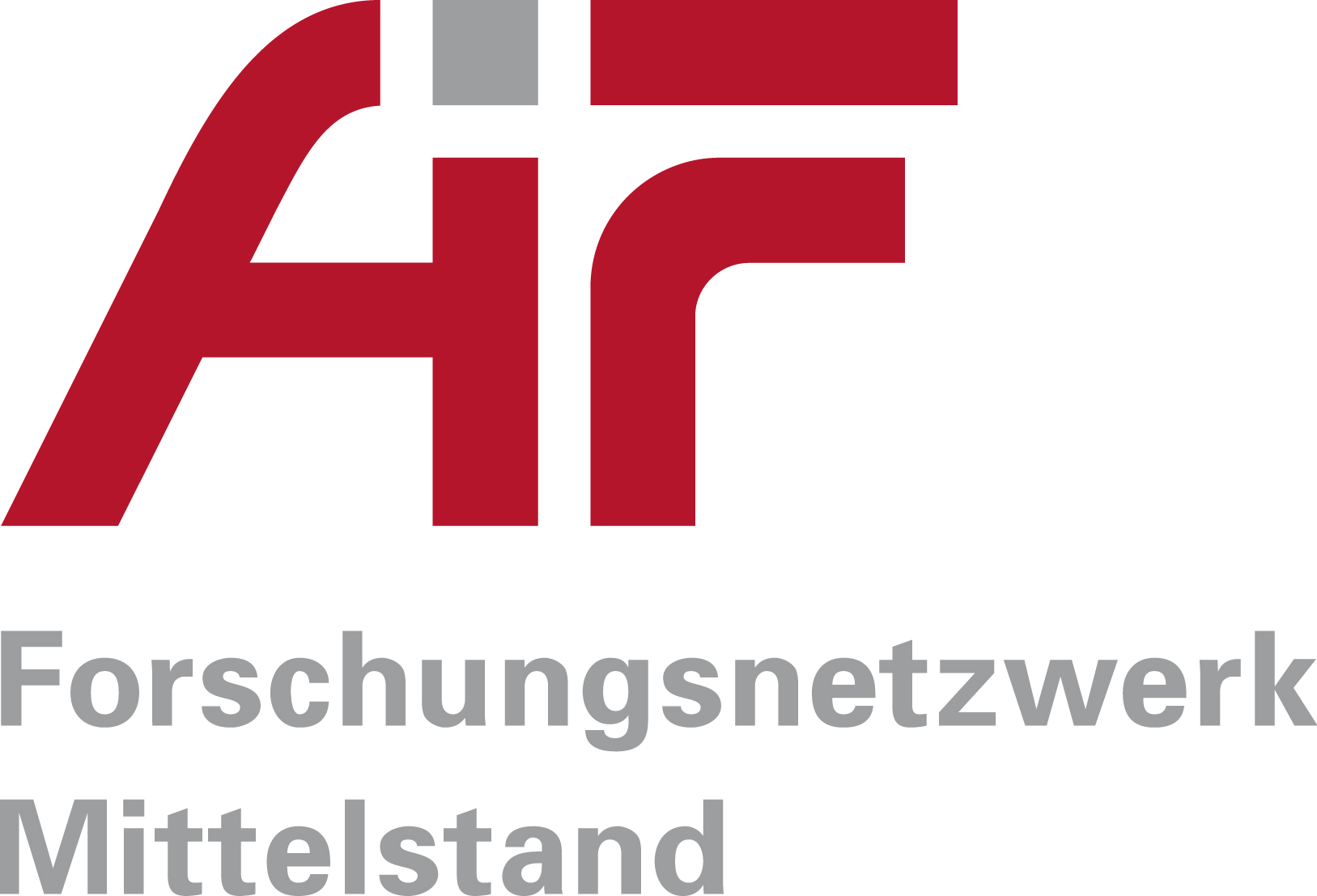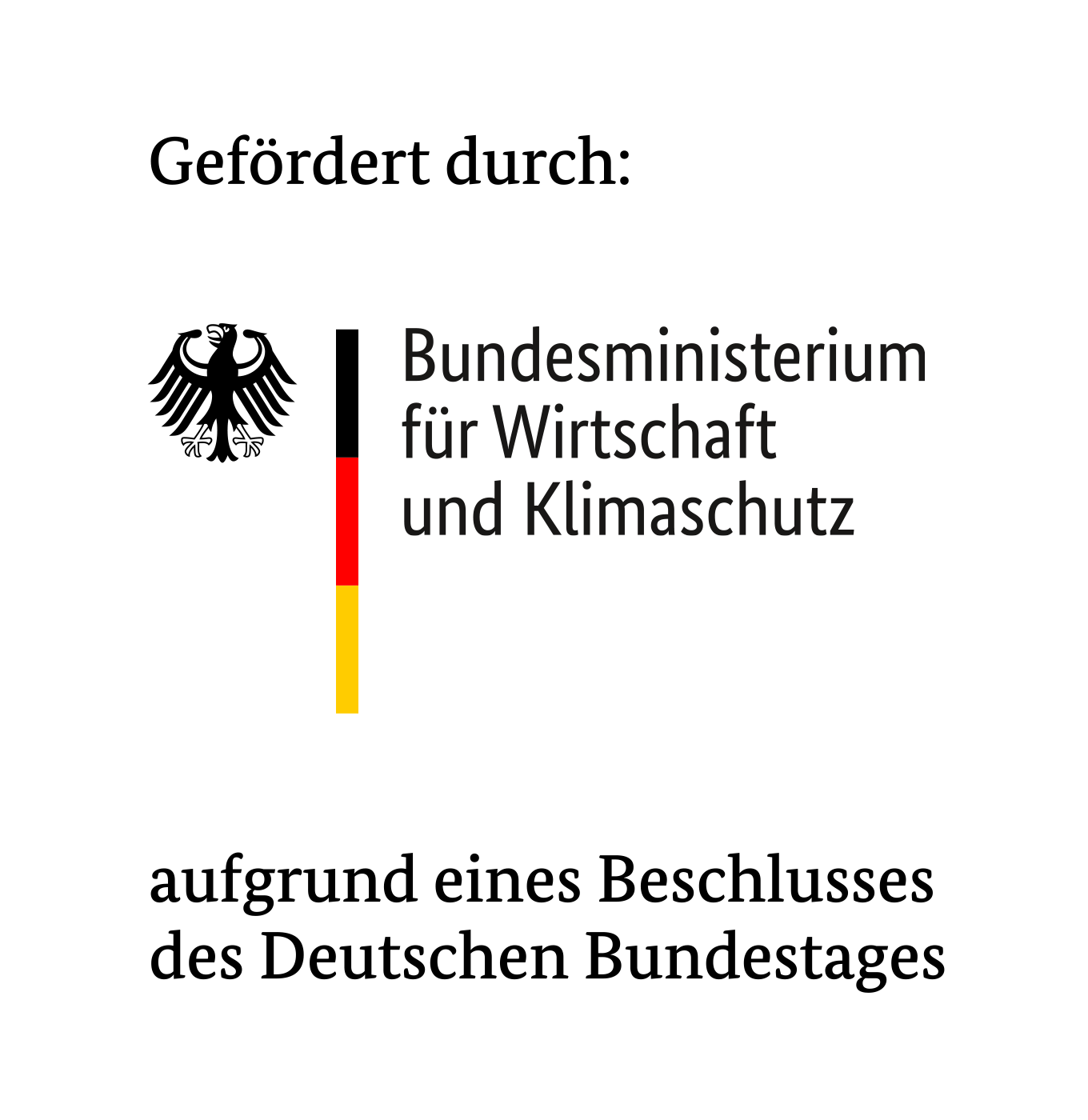Summary of the final report of the research project INFINITE (IGF-Projekt 21173 N)
“Integrative functional expansion in electrical engineering for the automated production of intelligent insulation systems”
Summary of the report
The research project on the subject of “Integrative manufacturing of insulation systems in electrical engineering” (IGF project 21451 N) was successfully processed by the project consortium in the period between 01.01.2021 and 31.03.2023. A new technology for manufacturing the secondary insulation of stators was defined. Within the scope of the project, the manufacturing chain from the production of the material and the inserts to later component properties was considered in order to define a strategy for the reproducible production of the insulation of stators in thermoset injection molding. It was successfully demonstrated that it is possible to manufacture the insulation of stators in thermoset injection molding and, moreover, that the process can be reduced to an insulation step without integrating a groove base paper. Extensive investigations were carried out on single-groove test specimens to derive a process window for manufacturing, taking into account process parameters and the groove base geometry. This was also traced back to the material behavior, among other things, which means that the process window is generally valid and can also be transferred to other, modified systems. Furthermore, various sealing strategies were considered on the tool technology side in order to enable a defined manufacturing process.
Motivation and problem definition
Due to the change in electromobility and an increasing demand for electrified vehicles and powertrains, there is a continuous change in the requirements for drive technology, which partly has to be met with a corresponding development of new technologies. With regard to the requirements in the application, such as a high power density with high temperature load capacity and with regard to a high degree of automation, the development of a new technology for the production of the secondary insulation of stators plays a decisive role. Here, the current manufacturing processes – impregnation or potting – have a considerable limitation due to the manufacturing process itself, but also the possible materials that are used. Among other things, this results in long cycle times and low reproduction without the possibility of making specific material modifications and thus adapting the properties of the component to the subsequent application. The development of a new technology should make targeted material modification possible, especially with regard to thermal conductivity and thus temperature resistance over the product life cycle and mechanical properties. At the same time, the cycle time is to be significantly reduced, the possibility of automation in the process is to be created and reproducibility is to be improved. The development of a new technology that can simultaneously implement these requirements makes it possible to meet the constant change in the field of electromobility and thus also meet the growing demands on drive technology, which can hardly be achieved on the basis of current technologies.

Figure 1: Structure of the specimen for adhesion tests; Source: FAU Erlangen-Nürnberg (FAPS), FAU Erlangen-Nürnberg (LKT)

Figure 2: Cause of splaying on specimen; Source: FAU Erlangen-Nürnberg (FAPS), FAU Erlangen-Nürnberg (LKT)
Presentation of the scientific-technical and economic benefits
Due to the change in electromobility and the growing demand for electrified vehicles and powertrains, the development of electric drive technology is continuously changing. According to the application, manufacturing costs can be significantly reduced via a high degree of automation combined with a low reject rate in order to achieve a high level of economic efficiency. On the product side, a high power density with optimum efficiency must be achieved and at the same time the aspect of low weight and small installation space must be taken into account. In the field of drive technology, the stator plays a decisive role here, since the insulation system of the stator significantly determines the service life of the product, but also the temperature load capacity and the dielectric strength and thus the performance of the motor. Previous manufacturing methods in the secondary insulation of the stator mainly have the limitation that long cycle times – due to the curing time of the resin system – are achieved in the manufacturing process with a lack of process control and repeatability. In addition, the material system was supplied as a two-component system, where there is an increased requirement for storage with simultaneously limited possibility for modification in terms of thermal conductivity or mechanical strength. At the same time, at least two insulation processes are required.
The successful implementation of the present research project makes it possible to realize the secondary insulation of stator segments by using thermoset injection molding. This significantly reduces cycle times, which are currently around 90 seconds (excluding the cooling time after removal of the component from the injection molding machine). At the same time, high reproducibility can be achieved via the injection molding process. The material used is a premix of resin and hardener, which simplifies storage. In addition, the system allows targeted modification of the material so that, beyond the results achieved in the project, the thermal conductivity and mechanical properties can be adapted to the requirements in the application. Within the scope of the project, a basic process understanding was created for the production of the insulation of stator segments by injection molding, in which, in addition, the secondary insulation can be realized in one process step without further insertion of the groove base paper. A process window was defined with regard to general material properties. In addition, a production route was successfully established, starting with the cutting of the semi-finished products, via the packaging of the sheets through to production by injection molding. The process route in the project was set up on a laboratory scale, but is transferable in principle for a large-scale application. The results of the project will make it possible to implement new applications in the field of electromobility and thus achieve significant improvements in terms of product properties. The main focus here is on targeted material development, with which the range of properties can be specifically adapted to the conditions prevailing in the application. The process route developed for manufacturing the insulation of stators on the basis of injection molding allows small and medium-sized companies in particular to realize applications such as pumps, fans or gearmotors with regard to the new technology and thus to significantly improve not only the product properties but also the economic efficiency.



